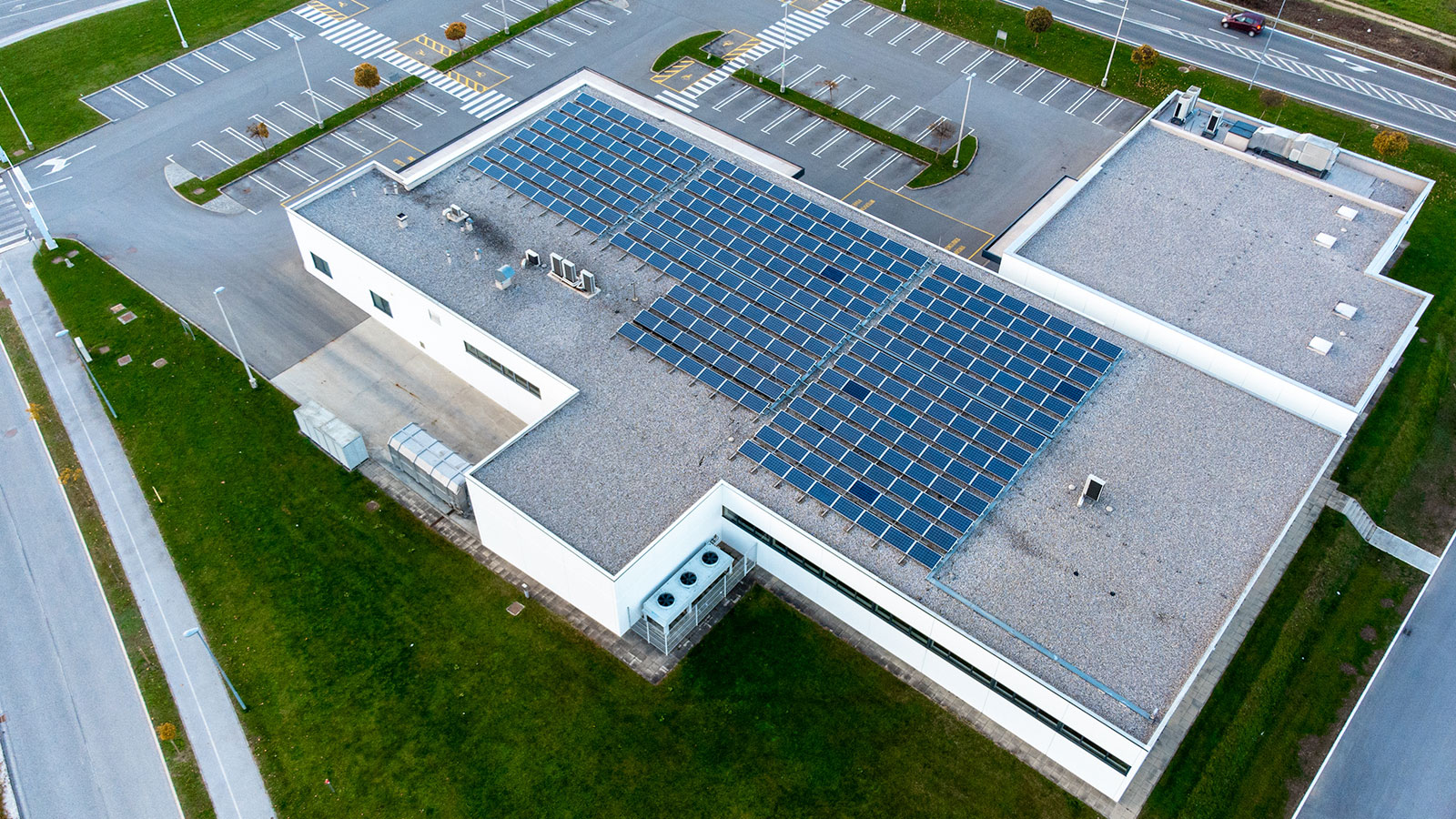The Department for Business, Enterprise and Regulatory Reform (BERR) is due to unveil its impact assessment report on smart metering next month. Decision makers across the utilities industry are on the edge of their seats, as the Government is expected to decide on a UK-wide smart meter roll-out based on BERR's December report. However, it has recently been suggested there isn't enough data for the Government to make its decision on time. David Hughes, utilities practice director, ABeam Consulting, discusses why the industry should move ahead with smart metering regardless of a public mandate
As UK plc prepares for an energy efficient future, the utilities industry is under the microscope. While using green energy sources is important in the long-term, empowering customers to be more energy efficient is part of the solution in the short-term. It is clear smart metering technologies will play a crucial role in this, enabling customers to better understand and regulate their own energy consumption. Providing customers with real-time visibility of the energy they use enables them to see how they can save money, which is the ultimate incentive to change their behaviour.
At first glance, the introduction of smart metering within the UK energy market could be viewed as extremely problematic. The installation of 26 million new smart electricity meters across the country will be costly, time-consuming, and complicated from a logistical perspective. There is also the immediate and very real impact on revenue: customers using less energy and ultimately paying less – which will hit the bottom line. An increasingly competitive market also creates issues around capital investment, ongoing asset ownership and supplier switching.
Then there are the customers, who are becoming increasingly intolerant of poor service. This is driving the need to focus efforts on external change, managing customer expectations and communication, to avoid additional costs associated with unplanned customer contact and complaints.
Yet, there are massive benefits that can be achieved with smart metering. Aside from the environmental advantages, it enables on-demand meter readings whilst eliminating manual meter reading costs. Smart meters eliminate the human error in meter reading and predicted costs based on previous history. Removing such errors also eliminates any room for disagreement about billing, saving the customer time. The cost to serve the customer will be reduced further, as customers tend to respond well to more accurate and frequent billing. In fact, when tackled in the right way, smart metering can be seen as a huge business opportunity, which suppliers should take advantage of regardless of the Government's pending decision. ‘Smart' suppliers should look beyond the basic logistics and economics of implementation and begin to exploit smart metering as the catalyst for really getting to grips with their customer relationships.
Smart metering can provide a unique source of real-time customer information, which can be used across a retail energy providing organisation to drive efficiency and guide each individual customer journey. It also marks a shift in the evolution of customer management, from a reactive relationship that is geared towards problem solving, to a proactive relationship aimed at continually realigning and improving the customer experience. In the future, customers can expect to have personalised conversations centred on their individual tariff, product and service needs.
The real-time consumption data provided through smart metering can also go a long way to address ‘green disadvantages', such as reduced revenue. It is important that tariff development taps into this detailed consumption information. This enables the delivery of a range of flexible tariffs that suit the needs of the customer, whilst supporting the revenue needs of the business. If applied intelligently, tariffs that help to control consumer demand can be developed, without a hugely detrimental impact on energy sales. Additionally, when combined with effective back office processes aimed at identifying the customer, real-time consumption information can be used to confront energy theft and minimise unbilled periods.
The advanced metering technology itself offers network maintenance benefits that often exceed expectations. For example, it enables auto and remote diagnostics, which support field force optimisation. This enables meter faults to be identified centrally, tapping into the work management system to send the right operative to complete the job. Additionally, smart metering enables some meter problems to be fixed remotely, eliminating the need for a visit completely.
In parts of the US and Europe, smart metering is delivering considerable benefits already. In Italy for example, the introduction of these technologies has resulted in customers making fewer unnecessary bill enquiries and paying their bills more diligently. To reap the benefits of smart metering for business and customers alike it is crucial that suppliers treat it as a fundamental catalyst to business-wide change. Merely tinkering with smart metering will lead to creating inefficiencies in processes, systems and working practices. Smart metering should be seen as a driver for standardisation and simplification – both internally and for the customer. Moreover, it should be regarded as a business transformation programme with the customer at the heart of future operating models, not just an IT project.
The question of if and how the Government eventually decides to move ahead with a smart meter roll-out should therefore be almost irrelevant for suppliers. The industry should start pushing for smart metering adoption before it becomes a legal necessity, because those that won't wait for Government enforcement will ultimately have the competitive edge. Suppliers need to remember that they dealing with increasingly demanding, price-sensitive customers in an extremely competitive market, and plan accordingly. To make the most of smart metering, suppliers need to be smart about it.





